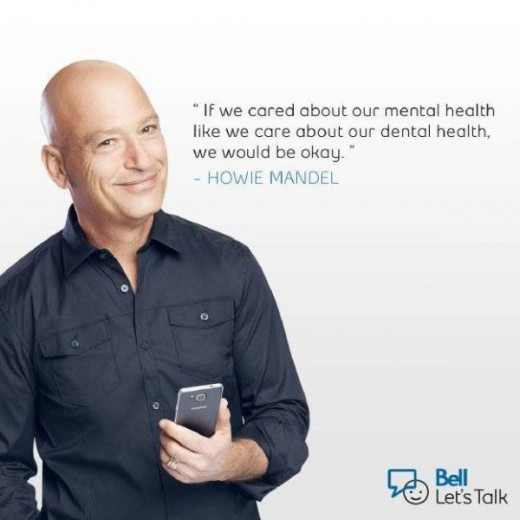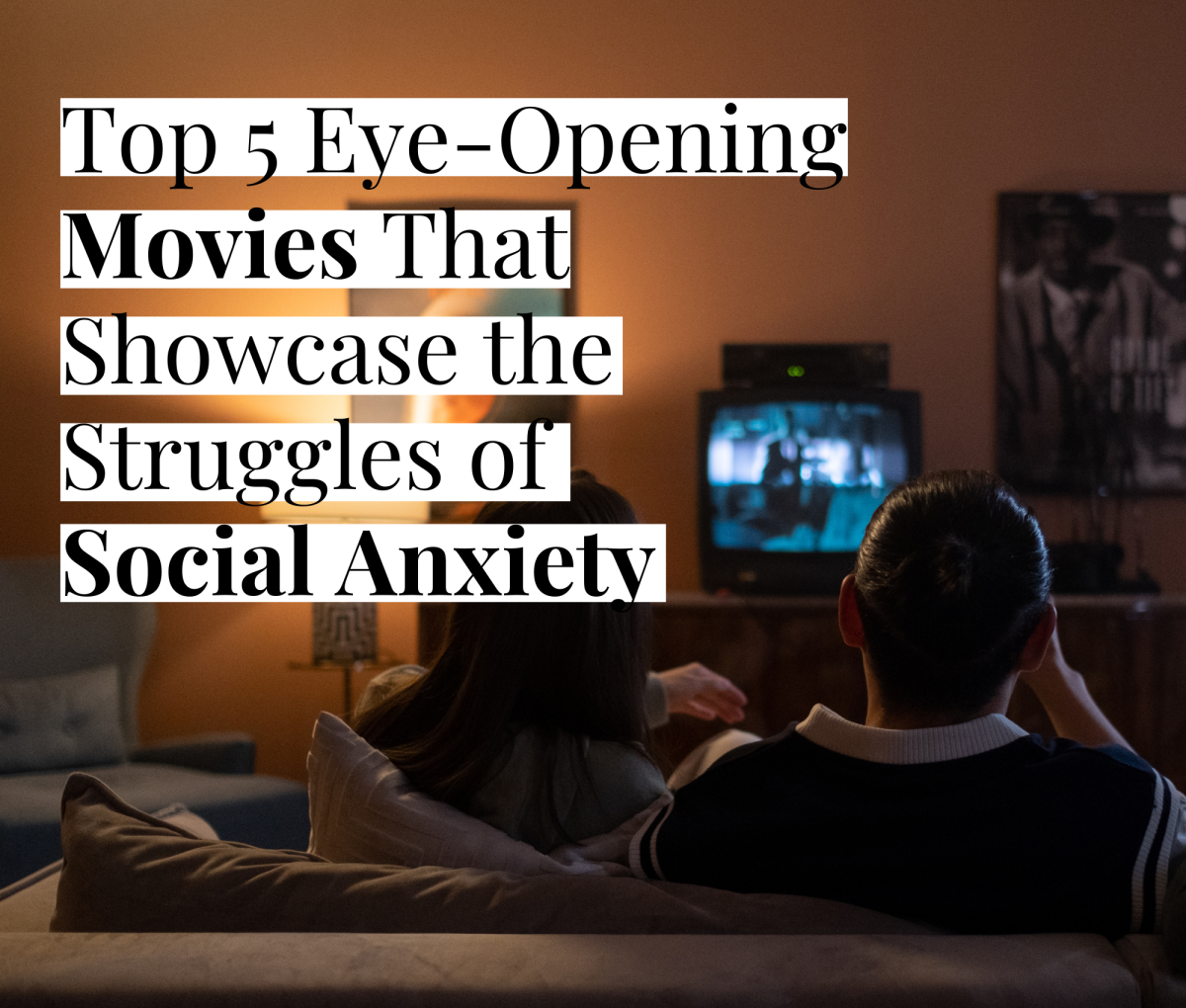#BellLetsTalk: 10 Years Of Mental Health Supports
Mental Health Has To Be Less Scary To Discuss

A Decade Of #BellLetsTalk
It's hard to believe that it's been a decade since the first Bell Let's Talk Day.
I think what's most surprising to me is that this year's #Let'sTalk Day was with very little fanfare, whereas in previous years, there has always been a good deal of coverage via social media, if not on television. Has anything changed?
If anything, there continues to be a stigma regarding discussions about mental health. People continue to be wary about talking about actual diagnoses of anxiety, depression and the like for fear of someone discriminating against them or experiencing prejudice. The language involved in discussing mental health problems is also questionable, given we still have people telling those with depression to just be in a better mood and "focus on the positive," or telling people with anxiety that they need to relax.
One of the most ironic things, at least in Ontario, that has happened is that Ontario premier Doug Ford has been featured in a #BellLetsTalk ad on Twitter. The man and his government have been responsible for creating more mental health stress and challenges than Ontario has seen in recent memory; why would #Bell think it's remotely appropriate to feature someone who's been more or less likened to a bully in an ad focusing on promoting mental health?
Perhaps the biggest spokespeople for Bell Let's Talk Day have been Olympian Clara Hughes, America's Got Talent judge Howie Mandel and sports commentator Michael Landsberg, all of whom have dealt with various mental health conditions. Certainly, Mandel's belief that if we "treated mental health the way we treat dental health, we'll be OK," is not far off from the truth. We never talk about cavities or bridgework in the same hushed tones that we do mental health, and that's a good lot of the problem. Once we normalize the conversation about mental health, all of a sudden, people will come to know that it's okay to talk about mental health concerns and to be open about those concerns.
It will be okay to say, "I need help."
Look, I realize there are those who have posted various things about how Bell is not a great agency to work for, and there are those who have said that Bell is very tough if you're working for them to the point where you might find your mental health is compromised. However, it's one of the largest mental health campaigns in Canada, and there has been a lot of good that has come from the campaign over the years. Mental health clinics, multiple research projects and even a brain bank have benefitted directly from the funds raised from the #BellLetsTalk campaign.
There are many who have also started to try to speak out about mental health in a more open fashion. Even at the high school level, the language in speaking about mental health conditions has become far more appropriate than what I remember when I was a high school student myself in the 1980s. While none of us are perfect by any stretch of the imagination, students and teachers alike are far more aware than we used to be about mental health conditions and are trying very hard to ensure that the person with the mental health condition or conditions feels supported and cared for.
Struggling with your mental health can be incredibly isolating and uncomfortable. Even though you might know that the opposite is true, you might feel as though you are the only person struggling with a mental health challenge, and are feeling a little physically uncomfortable as a result of your mental discomfort. At the very least, Bell Let's Talk has gone and helped contribute to getting - and keeping - the conversation going.
That's probably one of the most critical parts about mental health conditions - learning to talk about them. It can be uncomfortable, and even painful, but it's so important to start and continue that conversation. Not talking about mental health often makes mental health conditions worse instead of better, and you will have to work harder to come out of the darkness of your mental health problems if you try and avoid it.
So, Canada - Let's Talk.








